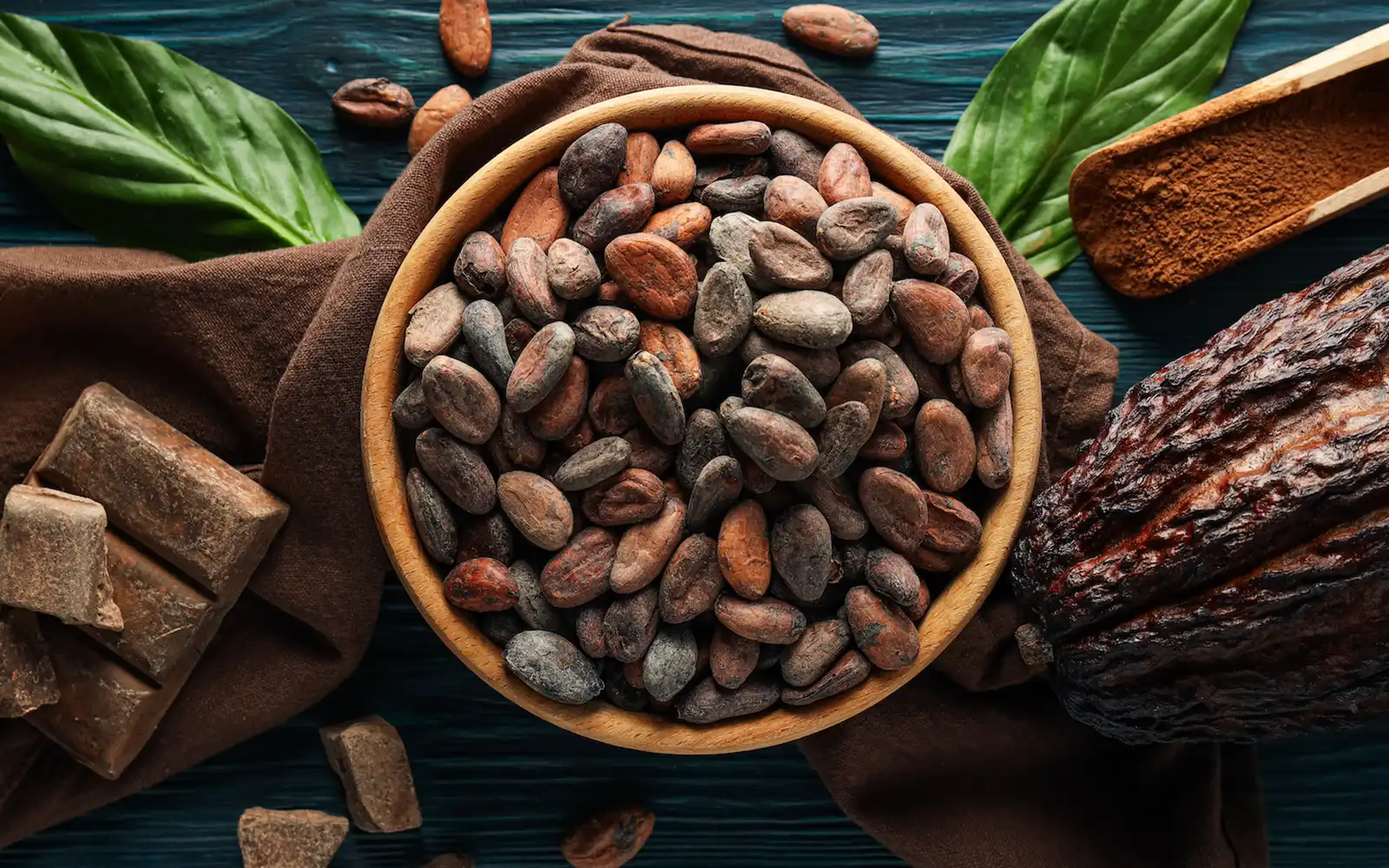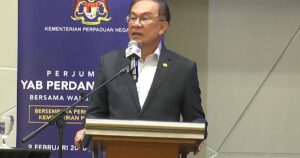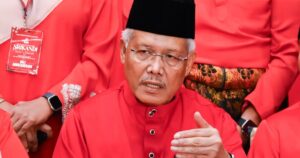
Malaysia will advocate for 0% tariffs on commodities such as cocoa, rubber and palm oil exported to the US which are now subject to 19% duty, says investment, trade and industry minister Tengku Zafrul Aziz.
Tengku Zafrul said while Malaysia’s semiconductor and pharmaceutical sectors continue to enjoy 0% tariffs, a 19% tariff will be imposed on other goods beginning Aug 8, although discussions are ongoing to further reduce the rate.
“We will continue to engage with the US and have provided them with a list of products we believe should be subject to 0% tariffs,” he said at a press conference today.
“These are mostly agricultural products that the US cannot produce, such as cocoa and rubber. He added that a joint Malaysia-US statement on the tariffs is expected to be issued this weekend.
Earlier today, the US announced that it had reduced the tariff imposed on Malaysian exports to 19%, after it previously imposed a 25% tariff on Malaysia effective Aug 1, a rate which US president Donald Trump described as “far less” than what was required to eliminate the country’s trade deficit with Malaysia.
The rate was also higher than the 24% initially imposed on certain Malaysian exports to the US, which was placed on a 90-day pause that ended yesterday.
Asked whether there will be a formal tariff review mechanism built into the arrangement, Tengku Zafrul said he was uncertain whether the matter was discussed during negotiations.
He also said Malaysia had drawn a clear line during negotiations when it came to domestic tax policies, explaining that US negotiators wanted Malaysia to abolish excise duties on automobiles, tobacco and alcohol.
“The automotive sector is very important to the US, (but) that was a ‘red line’ for us. Among the things we didn’t compromise on is the automotive industry. We have our national cars and our automotive industry, which employs 700,000 workers.
“The US was concerned about our import duties (on automobiles) and the approved permit (AP) scheme for imported cars. To them, this was not fair,” he said.
On whether recent diplomatic developments may have contributed to the reduction in the tariff rate, Tengku Zafrul said the ceasefire agreement between Cambodia and Thailand likely played a role.
On Monday, Prime Minister Anwar Ibrahim announced that Cambodia and Thailand had agreed to a ceasefire following deadly clashes along their border.
The agreement followed a meeting in Putrajaya attended by Anwar, Cambodian prime minister Hun Manet and Thailand’s acting prime minister, Phumtham Wechayachai.
“I don’t know how much, but it (ceasefire) certainly did help,” said Tengku Zafrul.
“Anwar and Trump did talk about it (during their phone call yesterday) and I feel it (ceasefire) gave a good impression.”






